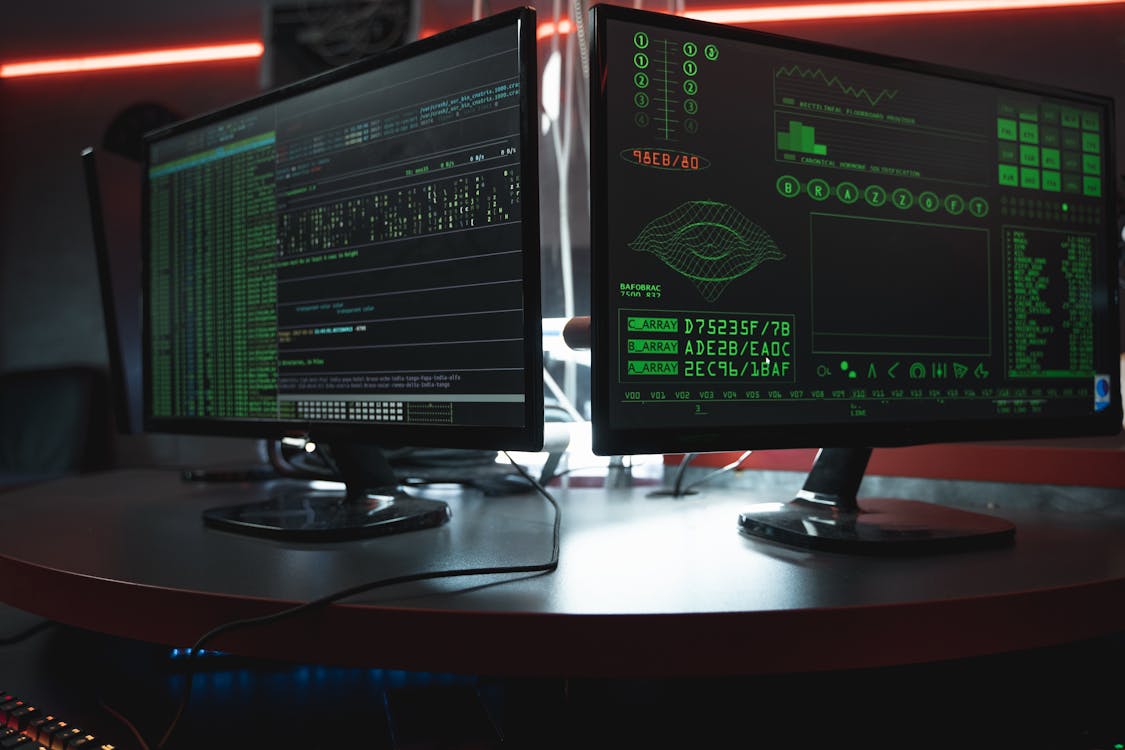The exploration of outer space has long captivated the human imagination, and today, advancements in space technology are turning once-fantastical ideas into reality. From robotic missions to manned spaceflights, space tech is pushing the boundaries of discovery and reshaping our understanding of the cosmos. At the forefront of these endeavors is the transformative role of computing technologies. This article delves into the world of space tech exploration, highlighting the critical impact of computing on our quest to unravel the mysteries of the universe.
The Evolution of Space Tech
From Rockets to Satellites
The journey of space exploration began with the launch of the first artificial satellite, Sputnik 1, by the Soviet Union in 1957. Since then, space agencies, private companies, and international collaborations have propelled space tech to new heights. From robotic rovers on Mars to sophisticated telescopes in orbit, the tools of space exploration have evolved, with computing technologies playing a central role.
Computing’s Launchpad
As space missions became more complex, the need for advanced computing systems became evident. The earliest space missions relied on rudimentary computers with limited processing power. Today, cutting-edge computing technologies drive spacecraft navigation, data analysis, and communication with Earth. The marriage of space tech and computing has opened avenues for more ambitious missions and deeper insights into the cosmos.
Computing’s Crucial Role in Space Tech
1. Navigation and Guidance Systems
Spacecraft rely on sophisticated navigation and guidance systems to navigate the vastness of space. Computing technologies power these systems, ensuring precise trajectory calculations, course corrections, and successful orbital maneuvers. Whether exploring distant planets or navigating through asteroid fields, the reliability and accuracy of these computing systems are paramount.
2. Data Processing and Analysis
Space missions generate vast amounts of data, ranging from images captured by telescopes to readings from scientific instruments. Advanced computing technologies enable the rapid processing and analysis of this data, extracting valuable insights about celestial bodies, cosmic phenomena, and the conditions of space. Machine learning algorithms play a growing role in identifying patterns and anomalies within these datasets.
Space Tech Exploration in Action
1. Mars Rovers and Robotic Explorers
Robotic missions to other planets, exemplified by NASA’s Mars rovers, showcase the prowess of space tech and computing. These rovers, equipped with sophisticated sensors and cameras, rely on computing algorithms to navigate the Martian terrain, analyze rock samples, and transmit valuable data back to Earth. The autonomy of these robotic explorers is made possible by onboard computing systems that process information in real-time.
2. Telescopes and Observatories in Orbit
Space telescopes and observatories, such as the Hubble Space Telescope and the James Webb Space Telescope, capture stunning images and conduct groundbreaking observations. The computing systems onboard these instruments process raw data, correct for distortions, and enhance the clarity of celestial images. Additionally, computing technologies facilitate the planning and execution of observation schedules, optimizing the utilization of these valuable space assets.
Computing Challenges in Space Exploration
1. Harsh Space Environments
Space presents a hostile environment with extreme temperatures, radiation, and microgravity conditions. Computing systems must be designed to withstand these challenges, requiring robust hardware and fault-tolerant software. Specialized computing solutions are developed to ensure the reliability of space missions in the face of these harsh conditions.
2. Real-Time Decision-Making
Certain space missions demand real-time decision-making capabilities. For example, autonomous spacecraft navigating through dynamic environments or responding to unexpected events require computing systems that can make split-second decisions without relying on continuous communication with Earth. The development of onboard AI and machine learning technologies addresses this need for autonomous decision-making in space.
Future Trends: Computing Horizons in Space Tech
1. Interplanetary Internet and Communication
As we explore farther reaches of the solar system, the need for reliable interplanetary communication becomes crucial. Computing technologies will play a central role in developing interplanetary internet protocols, allowing spacecraft to communicate seamlessly across vast distances. This is essential for enabling future manned missions to Mars and beyond.
2. Quantum Computing in Space
The advent of quantum computing holds promise for revolutionizing space tech. Quantum computers have the potential to solve complex problems at speeds unattainable by classical computers. In space exploration, quantum computing could enhance simulations, optimize mission planning, and contribute to breakthroughs in fundamental physics.
Conclusion: Computing the Cosmos
Space tech exploration stands at the intersection of human curiosity and technological innovation, and computing technologies are the driving force propelling us further into the cosmos. From the humble beginnings of Sputnik to the ambitious missions exploring the outer reaches of our solar system, computing has been the unsung hero of space exploration.
As we gaze into the future, the horizons of space tech and computing are intertwined. The quest for understanding the cosmos will continue to inspire advancements in computing, enabling us to answer age-old questions and uncover new mysteries. In the grand theater of the universe, computing is the cosmic conductor orchestrating our journey of discovery, pushing the boundaries of what is possible and inviting us to explore the vast unknown.




